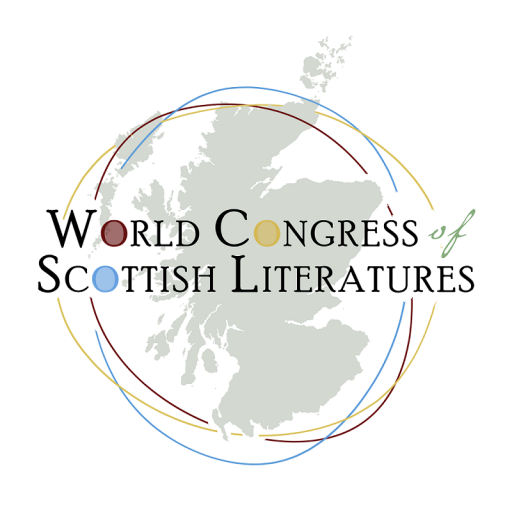Borderline Creatures: The Seal People of Scotland, the Far North and the Arctic
Looking at the ways in which Scotland’s cultural history and oral literature has intersected with the Far North and the Arctic, this paper offers a case-study of a particular class of sea-creatures which abound, though are not restricted to, in the popular traditions of Scotland’s Northern archipelagos: selkies. The selkie’s longevity and ongoing appeal is testified by their reappearance in modern retellings of traditional tales such as ‘The Great Silkie of Sule Skerry’ and reworkings of selkie stories in modern literary texts as diverse as the fictions of Eric Linklater’s ‘Sealskin Trousers’ (1947), Molly Hunter’s A Stranger Came Ashore (1978), Amy Sackville’s Orkney (2013), and Su Bristow’s Seal Skin (2017), and the poetic texts of Roseanne Watt’s ‘Da Selkie Steps’ (2019) and Rachel Plummer’s ‘Selkie’ (2019), among others.
With a natural habitat split between land and water, these stories frame the supernatural selkies, which are normally spotted in the liminal area of the foreshore, as quintessentially borderline creatures, half-animal/half-human, and, because of the belief they may be the souls of drowned fishermen, existing between life and death. The selkie’s borderline condition also significantly maps the fluid boundaries of the cultural exchanges that link them to similar traditions in the Far North – including, especially, Iceland – but also to their complicated relationship with Inuit people and their own seal mythology.
While the seal’s central role in Inuit culture registers some similarity between the Scottish and Arctic natural environments, and their cultural responses to its creatures, important differences also emerge in terms of the hierarchical positioning of the human subjects at the centre of these stories, and the gap between animal and human categories. The Inuit perspective displayed in these stories, therefore, proves useful in considering not only the future of Scottish/Arctic relations but also in addressing the urgent ecological questions rooted in the Arctic environmental crisis.
Monica Germanà, University of Westminster, UK
